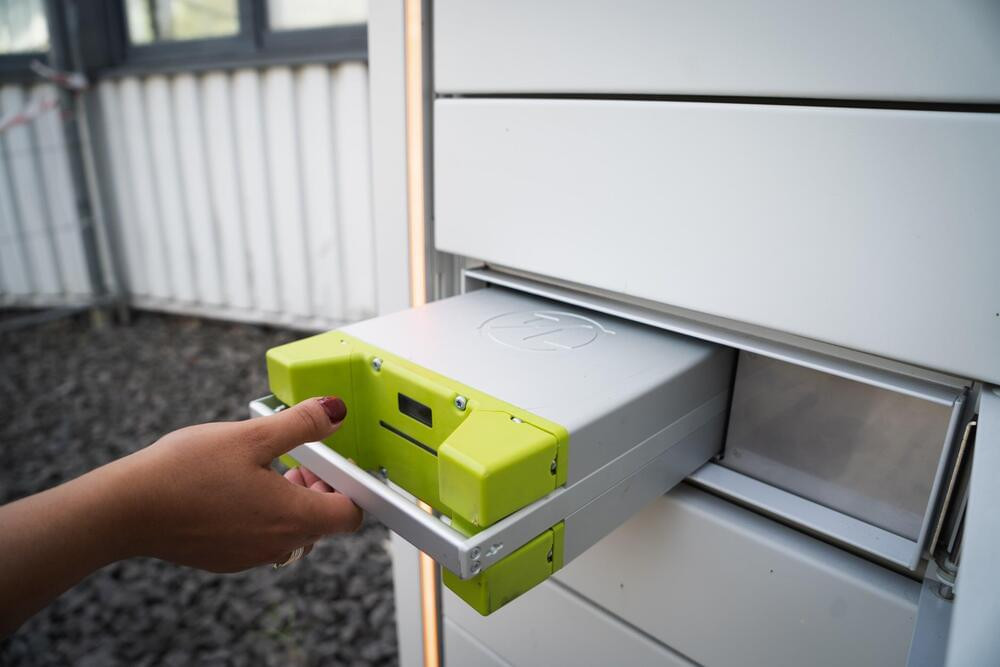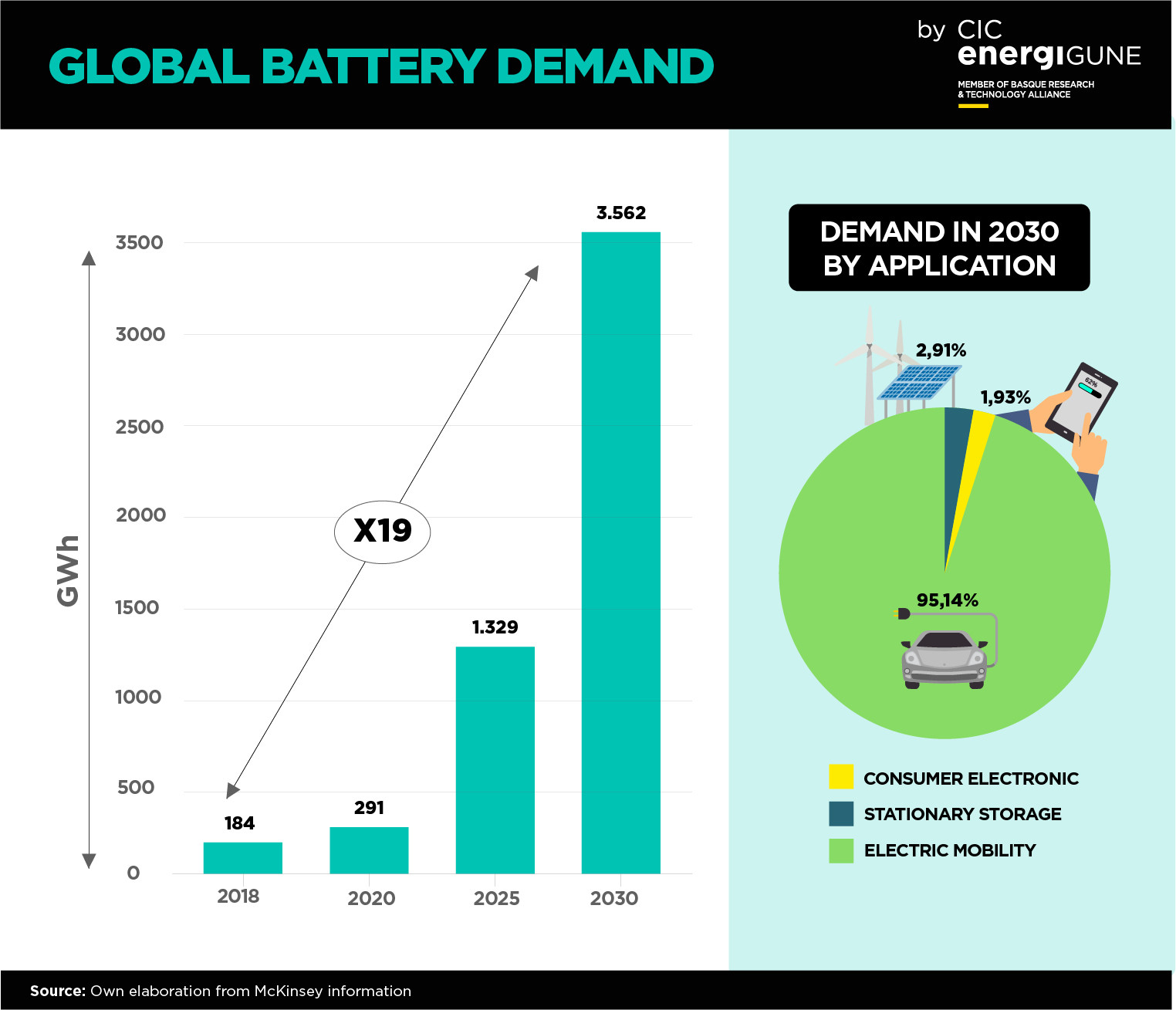The Quest for Sustainable Energy Storage Solutions
As the world grapples with the growing demand for energy storage solutions, the limitations of current lithium-ion batteries (LIBs) have become increasingly apparent. Safety concerns, high costs, and the depletion of crucial raw materials like lithium and cobalt have spurred a global search for more sustainable alternatives. Aqueous zinc-ion batteries (AZIBs) are emerging as a promising contender, offering a combination of inherent safety, cost-effectiveness, and environmental friendliness.
AZIBs: A Sustainable Solution to Lithium-Ion Battery Challenges?
Aqueous zinc-ion batteries are built upon the abundant and non-toxic metal zinc, making them a more sustainable option compared to their lithium-ion counterparts. The use of zinc as the anode material significantly reduces reliance on scarce resources and minimizes environmental risks associated with lithium extraction and battery disposal.
The Potential and Challenges of AZIBs
The potential of AZIBs is vast. They hold the promise of powering everything from electric vehicles and portable electronics to grid-scale energy storage systems. However, challenges remain in developing high-performing AZIBs that can compete with established lithium-ion batteries. One critical challenge is the growth of zinc dendrites, which can lead to short circuits and battery failure.
The Promise of Polymer Zinc-Ion Batteries
Flinders University researchers are making significant strides in overcoming these challenges with their groundbreaking work on low-cost polymer zinc-ion batteries. By utilizing organic cathodes, these batteries offer several advantages:
- Cost-effectiveness: Polymer cathodes are made from readily available and affordable commercial polymers, making these batteries much cheaper to produce than traditional AZIBs.
- Improved Performance: The use of nitroxide radical polymers, which are highly conductive, enhances the battery's performance, delivering a higher capacity and discharge voltage.
- Sustainability: The production process involves fewer toxic chemicals and resources, making it more environmentally friendly.
Pioneering a New Era of Sustainable Energy Storage
The research team at Flinders University has demonstrated the feasibility of using these polymer cathodes in practical applications. Their lab-made pouch battery, constructed using scaled-up polymer, a non-fluoro Zn(ClO4)2 electrolyte, and BP 2000 carbon black, achieved a remarkable capacity of nearly 70 mAh g-1 and a middle discharge voltage of 1.4 V. This means the battery can power a small electric fan or a model car, showcasing its potential for real-world applications.
The Significance of This Breakthrough
The success of this research is significant for several reasons:
- Cost-Competitive: The low production cost of polymer zinc-ion batteries makes them a compelling alternative to lithium-ion batteries, especially for applications that require large-scale energy storage, such as grid-scale energy systems.
- Sustainability: The use of readily available and environmentally friendly materials aligns perfectly with the global push for sustainable energy solutions.
- Enhanced Performance: The high capacity and discharge voltage achieved with the polymer cathode demonstrate the potential for these batteries to power various applications, from electric vehicles to portable electronics.
A Future Fueled by Innovation
The development of low-cost polymer zinc-ion batteries marks a significant step towards a more sustainable and accessible energy future. As research continues to refine the technology and optimize battery performance, we can expect to see these batteries playing an increasingly important role in meeting the world's growing energy demands. The transition to a future fueled by clean, sustainable energy sources is becoming more tangible with each groundbreaking advancement like this.
The Future is Bright: A World Powered by Sustainable Energy
The Flinders University researchers are not alone in their pursuit of sustainable energy solutions. Other research groups are exploring diverse approaches to developing innovative battery technologies. The development of organic radical/K dual-ion batteries, another innovative approach, is also showing promising results. The confluence of these innovations signals a bright future where clean and sustainable energy sources power our world, making it a greener and more equitable place for all.



















